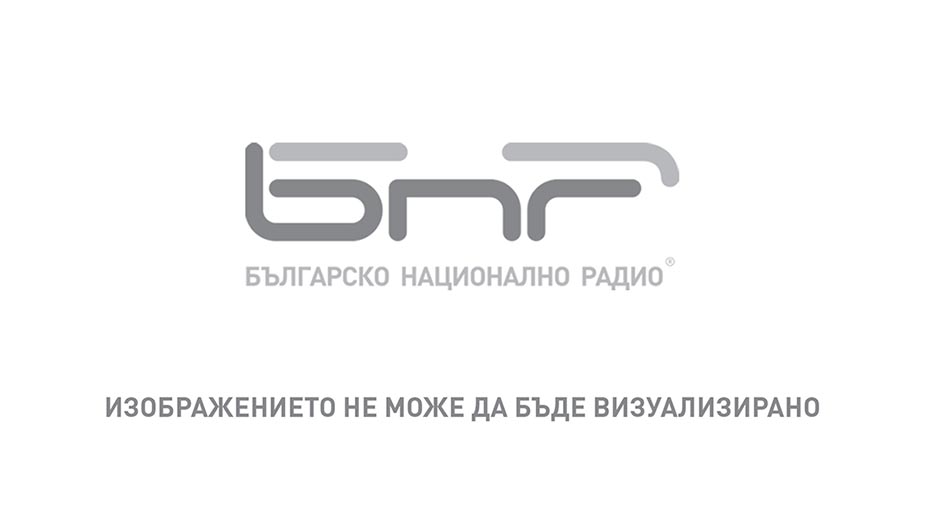
The European Union will not be the same anymore after this month. The start of the dramatic change was given by the President of the European Commission Jean Claude Juncker who announced the so-called White Paper containing different options about the future development of the union after Brexit. This was followed by an informal meeting in Versailles Palace (France) between the leaders of Europe's four most powerful economies - Germany, France, Italy and Spain who contended that the EU cannot continue developing the same way anymore and started talking about a variable-geometry Europe which would give a new impulse to the union. Thus, the idea of a multi-speed Europe was born in Versailles. The countries started to speak of an EU running on different gears and about an EU consisting of a core and a periphery.
In that context, an informal meeting between the leaders of 27 EU member states was held in Brussels at the end of last week. Bulgaria was represented at the meeting by President Rumen Radev. “I am here to express Bulgaria's clear stand in support of the fundamental values of the EU-unity and solidarity and to oppose the idea of an EU running on two gears and the division of the union into core and periphery”, President Radev told media and added that the European Union may turn from a union of principles and values into a union of bargains and calculations. “According to the law of physics, a body cannot run on two gears. If that happens, then we are talking about two separate bodies”, President Radev further said.
President Radev's thoughts are quite noble, but in my view it is very likely that the EU will separate in two parts and each part will start moving in different directions. The founders of the EU which insist on economic and political integration will be in the first group. The countries which support the common market, but are not willing to delegate rights to Brussels to do other policies, will be in the second group.
As for Bulgaria - when this country joined the EU ten years ago it started running in low gear and all statements that the country was entering the European family with equal rights were only a showmanship. Bulgaria is still away from the Eurozone and the Schengen Area and is still subject to monitoring in the judicial and internal affairs fields. Each year, Brussels has been repeatedly mentioning the existence of organized crime and high-level corruption in Bulgaria, as if there is no corruption and organized crime in other EU member states. I hope I am wrong, but in my view the EU countries from Western Europe are perhaps tacitly regretting the accession of Bulgaria and other countries from the former Soviet Bloc to the union for various reasons.
Are we going to witness Bulexit? Definitely not! However, Bulgaria is likely to vegetate in the periphery of the union. The Bulgarian politicians proved during the pre-accession period and in the first ten years of the country's membership in the EU that their voice is not strong enough in Brussels and that they were adhering strictly to the talking points of the most powerful countries in the European family which often do not match or in some cases even contradict Bulgaria's national interests. I can't see in the horizon a political formation that will be able to change that status-quo in the foreseeable future. Sofia will perhaps again adapt to the new situation in Europe and the country's politicians will sink and wait to see Bulgaria's new destiny.
The question now is where exactly in the periphery Bulgaria will position in the future, because the periphery will be divided into different segments and the EU is likely to run in different gears. As for the 'variable geometry', this term is used mainly in the construction of turbines of modern automotive internal combustion engines.Often the turbine geometry is altered to such an extent that it blocks.Then there might be need to replace the entire engine or to send the car for scrap.
English version: Kostadin Atanasov
Diplomatic relations between China and the European Union span over half a century and have delivered substantial economic gains. “Trade between China and Europe has grown from 2.4 billion to almost 786 billion US dollars, with today’s daily volume..
"There was definitely more tension in this session of the European Parliament." This was commented by Angelina Piskova, BNR correspondent for the European institutions during a journalist round table in the programme "Strasbourg Calling" broadcast..
Greece temporarily closes route for migrants from North Africa Greece is suspending for 3 months asylum applications from migrants arriving in Greece from North Africa by boat, EuroNews-Greece reported. "The route to..

+359 2 9336 661
